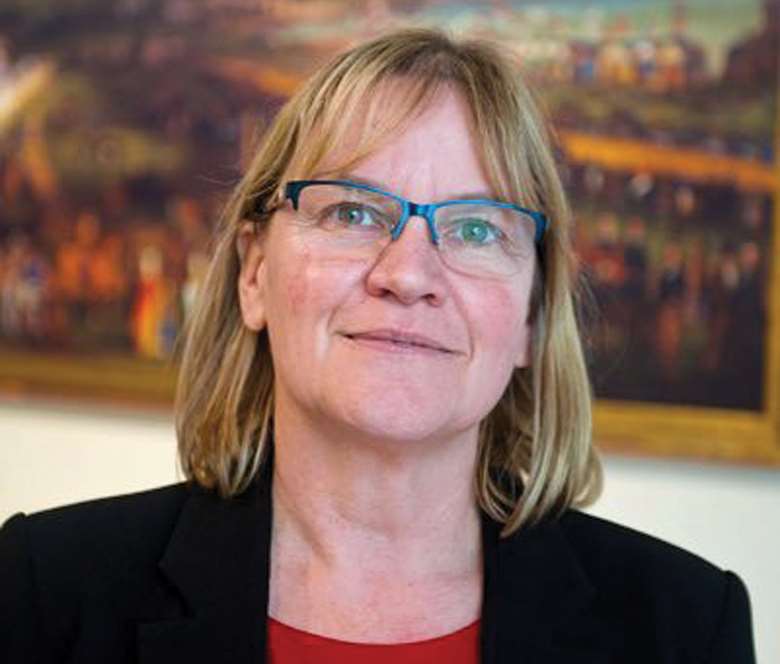It's finally time to act on what children say
Deborah McMillan
Thursday, January 26, 2023
A Shropshire clergyman by the name of John Mirk is believed to be the person who coined the phrase “children should be seen, not heard”. That was more than 600 years ago, and yet this toxic pronouncement endured for a remarkably long time.

It was only in the second half of the last century that we properly knocked it on the head once and for all. When teenage rebellion began to stir in the 1960s, it left parents, institutions and pretty much everyone else with little choice but to see and hear whatever our younger citizens wanted to tell us.
And a good thing, too. Like any emancipation, it begs the question: why were children ignored for so long? But before we all get too complacent about the long road travelled and the great progress made, we should perhaps remind ourselves that the leap from the silent, unseen children of yesteryear to the outspoken generation of the present day is only the first step towards a fairer, more functional society. It is, by no means, the full journey.
The children's commissioner for England released a statement recently titled: It's important to listen to children this year. The commissioner continues: “It's not enough to only hear from children – we must act on what they tell us.” The requirements of the UN Convention on the Rights of the Child mean we must do more than listen.
This international treaty, of which all the UK is a proud signatory, requires us to go much further than simply choosing not to ignore what children say. It asks us to incorporate them as active, engaged members of society who are taken seriously – as citizens in their own right. It requires us to ensure that children and young people are free and able to meaningfully participate in our democracy.
It sounds simple but the reality is that it takes a tremendous amount of work to clear the way for children to truly participate in the workings of our society. Every day, decisions are made for and about them by the government and other institutions but, unlike adults, our children are not always meaningfully consulted, and even when they are, they often lack the power to object to or endorse what is happening.
Some still believe this is a perfectly acceptable situation. In adopting a “Mirk-lite” view they argue that children need to learn to take responsibility before they are granted full rights; they lack the competence to meaningfully participate; it would only lead to them disrespecting their parents, teachers and so on, if they were given an equal say.
This is simply not true. To grant children their full rights to be heard and to be able to meaningfully participate in their lives is to show them respect. There is no surer way of instilling respect for others than by showing it in the first place. If children are given the chance to share their ideas in a group and to have those ideas taken seriously, then they will learn that others, too, have a right to be heard that must also be respected. Responsibility comes with respect.
As for the issue of competence, the point here is about appropriate engagement. No one is advocating that 10-year-olds should have the vote but nor should we be involving them in surveys that are purely tokenistic, something that happens too often. Children's levels of competence vary according to the different aspects of their lives in question, but even very small children are able to tell you what they like or dislike about things and why. They can also produce ideas, provided that they are given appropriate support and adequate information and are allowed to express themselves in different ways.
Hopefully, a wider realisation of this is beginning to dawn, and we are starting to see an increasing amount of genuine participation with children – and not just a tick-box exercise that allows the adults involved to consult fleetingly and superficially, when the outcome has already been decided.
-
Deborah McMillan is former children's commissioner for Jersey




